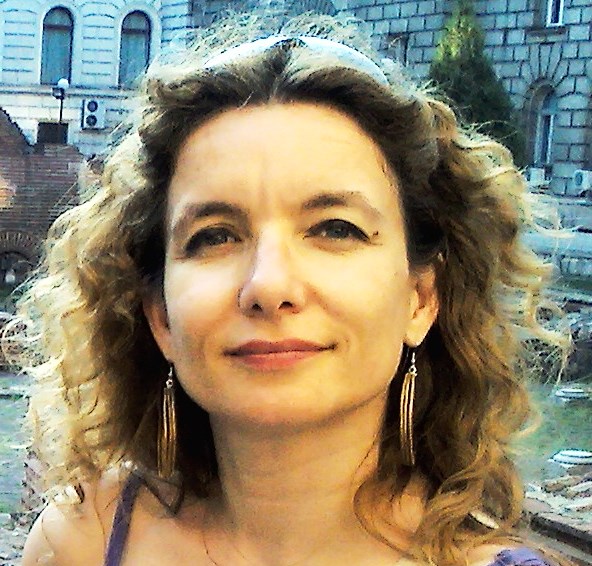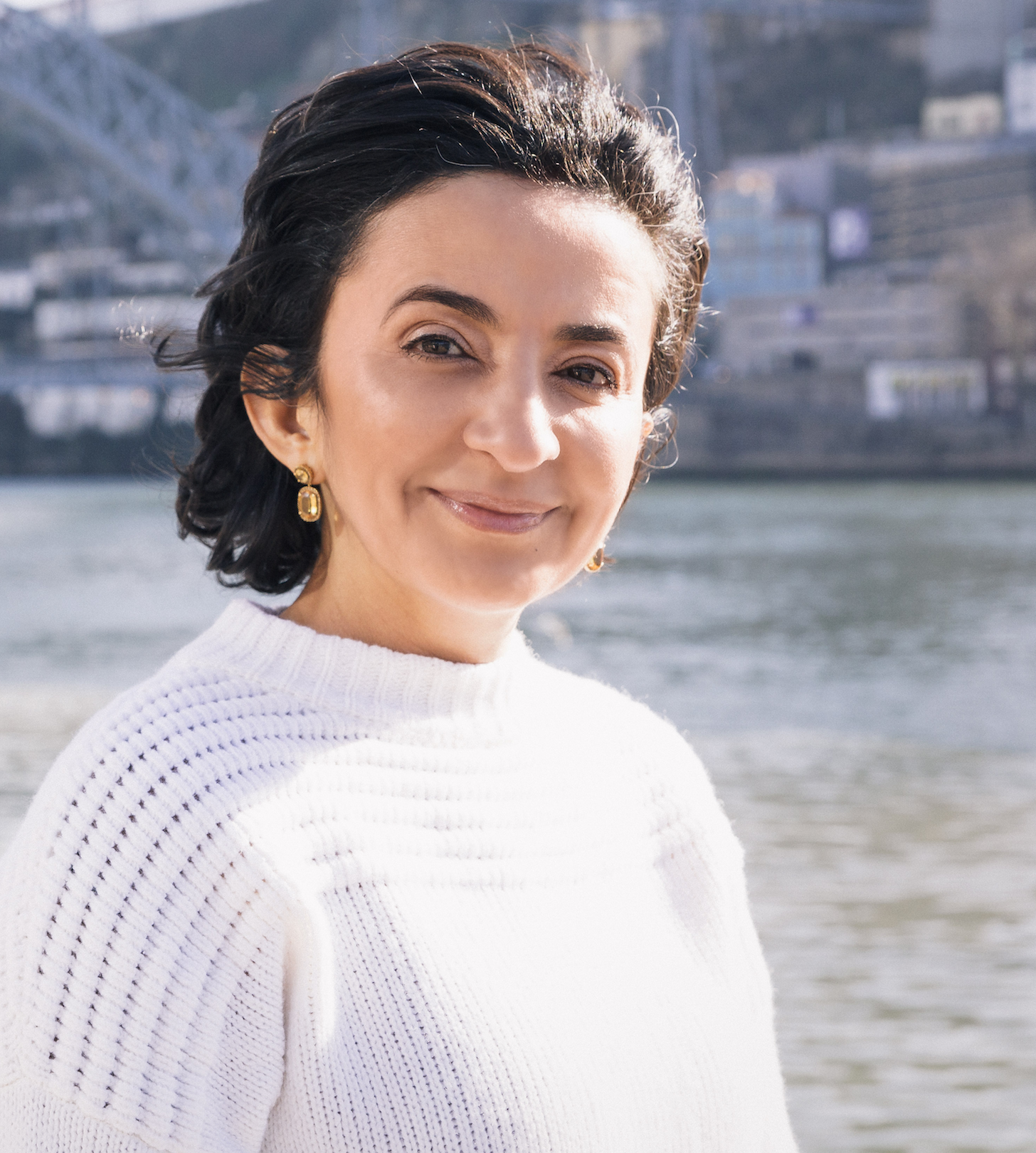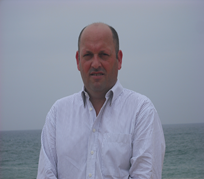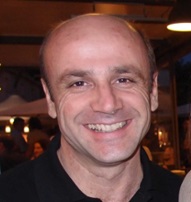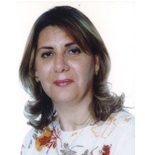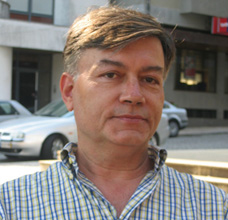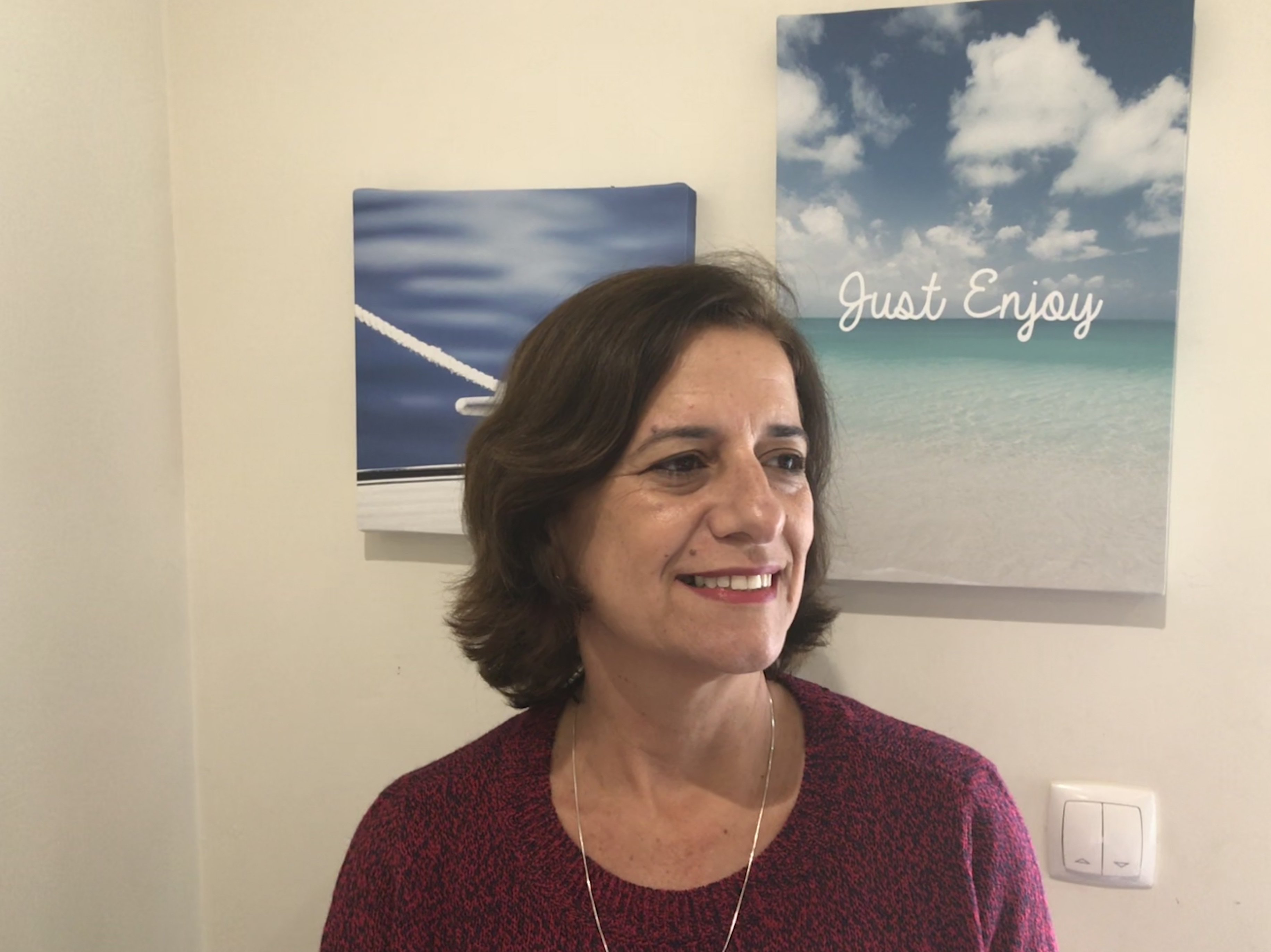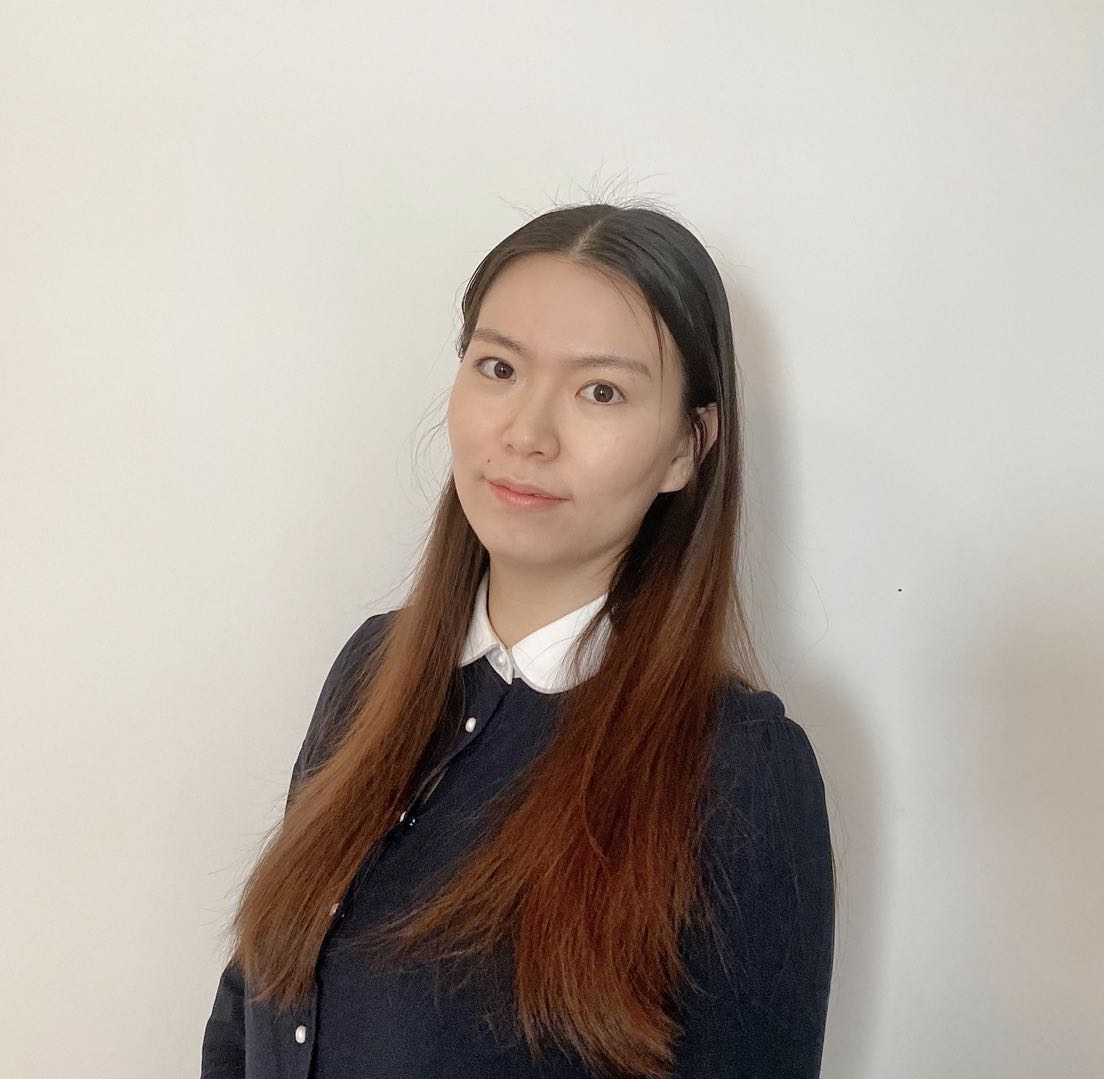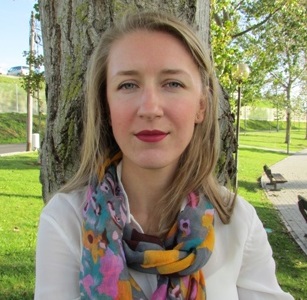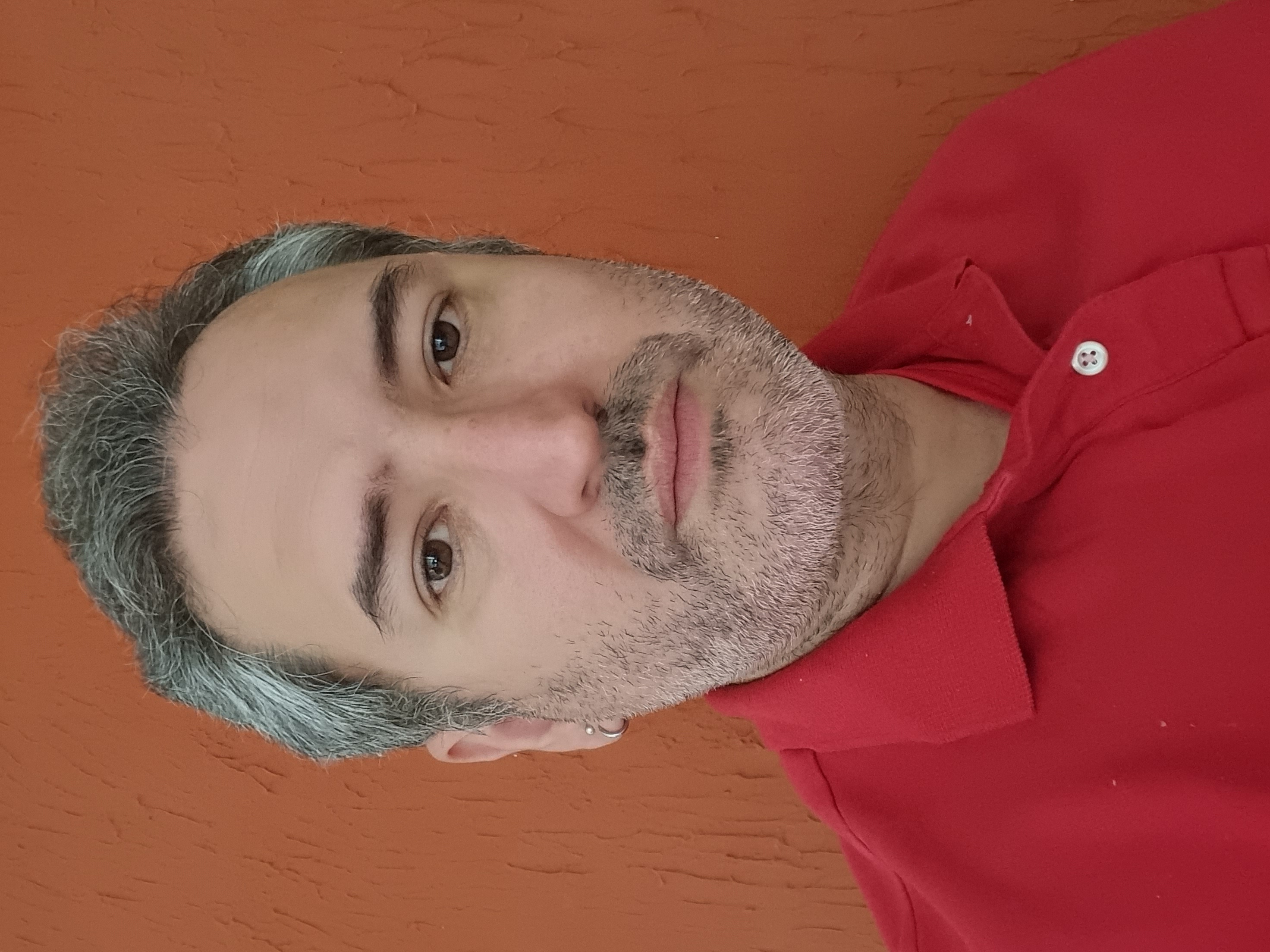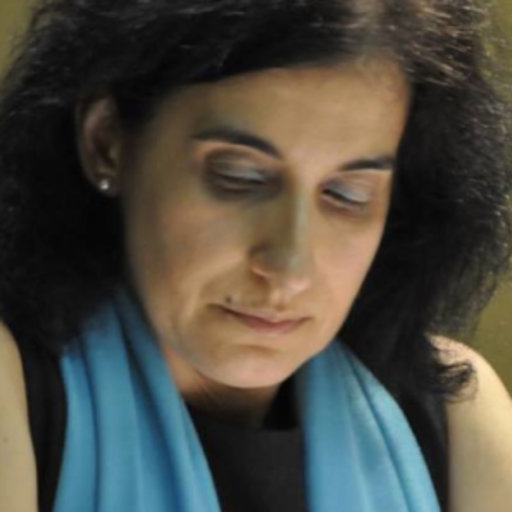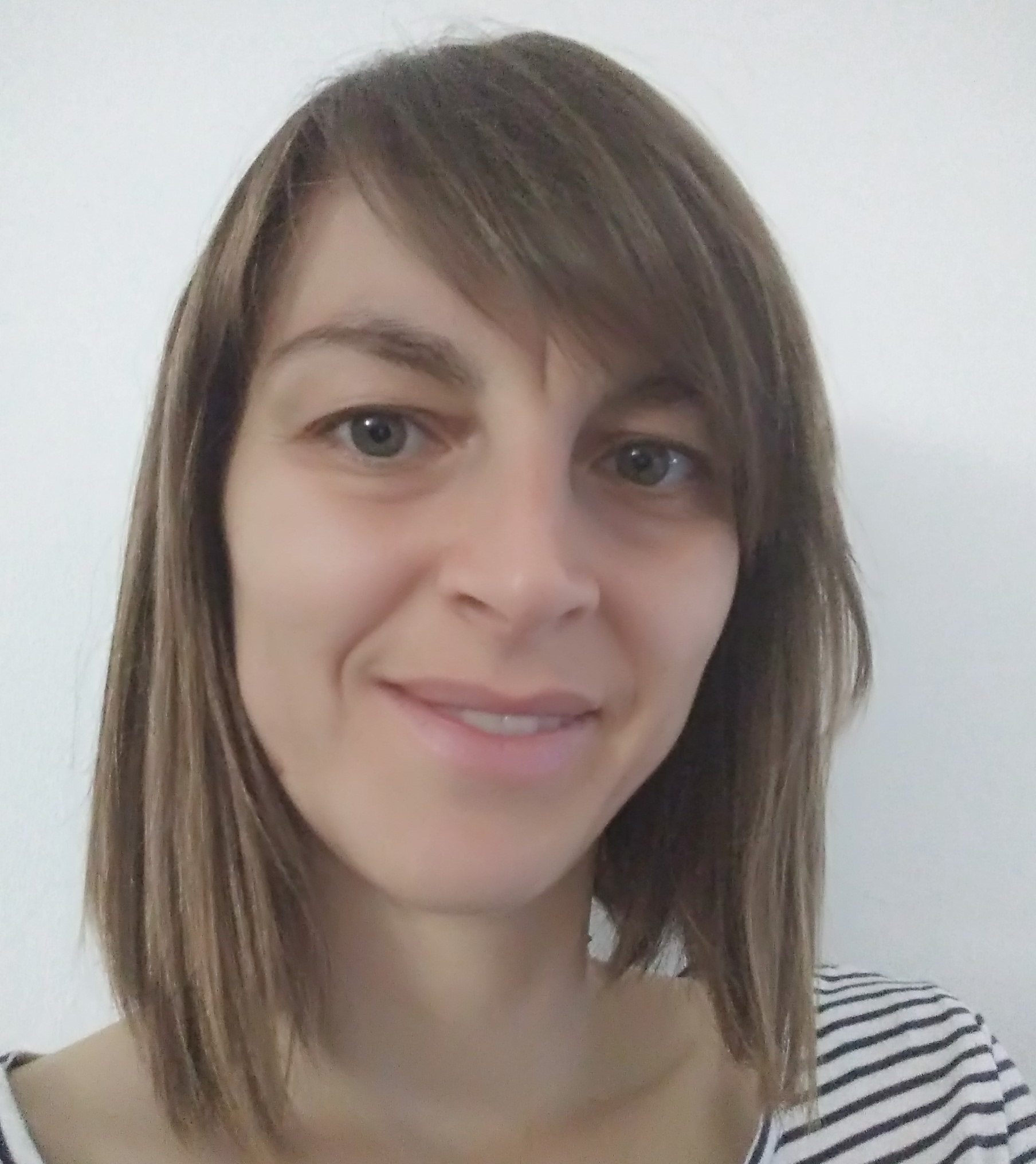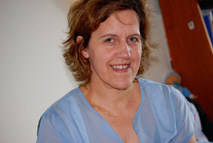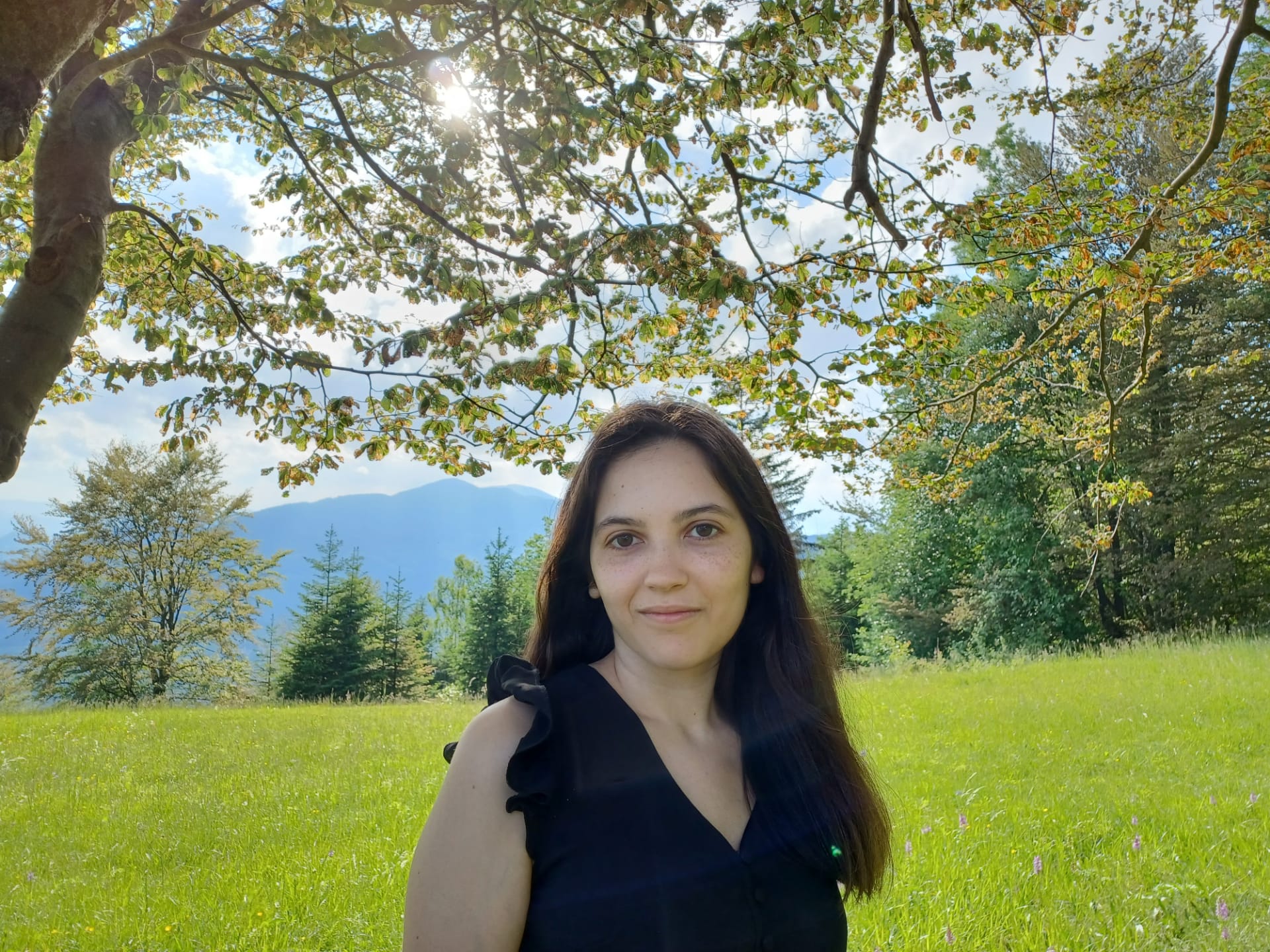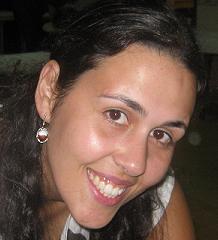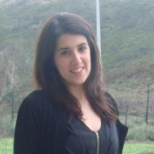External Collaborators - PhD
PhD in Terminology. Lecturer at the Polytechnic Higher Education since 1995 and at ISCAP-Polytechnic of Porto since 1999. International Coordinator at ISCAP since 2004. Researcher at CLUNL (Universidade NOVA de Lisboa) and at CEOS.PP (ISCAP-P. PORTO). Member of the Editorial Review Board of “Current Trends in Translation Teaching and Learning”. President of APCOMTEC – Portuguese Association for Technical Communication and of TCeurope – Federation of Societies of Technical Communication in Europe.
PhD in Linguistics and Language Teaching from NOVA University Lisbon, with the thesis “A alternância indicativo/conjuntivo no português de Moçambique. Implicações pedagógicas na aprendizagem do português língua segunda” (“The indicative/conjunctive alternation in Mozambican Portuguese. Pedagogical implications for learning Portuguese as a second language“). She teaches General Linguistics and Phonetics and Phonology of Portuguese at the University iSave. She completed her Bachelor’s and Master’s Degree in Portuguese Teaching at the Pedagogical University of Mozambique in 2009 and 2014.
Assistant Professor with ‘Agregação’ in the Department of Linguistics and Literatures (College of Social Sciences) of the University of Évora, where she teaches since 1991. Her scholar activity has been developed in the area of Portuguese Language and Linguistics in the, 1st, 2nd and 3rd cycles of studies. In the scientific domain, she has been working mainly in the area of Philology and Textual Criticism, focusing her interest in the texts from the ancient and classical periods of the Portuguese language; in the area of History of the Portuguese language, but also in the area of Variation studies.
PhD in linguistics. Postdoctorate studies at Universidade Nova de Lisboa (CLUNL). Assistant professor at Departamento de Letras do Centro de Ciências Aplicadas e Educação da Universidade Federal in Paraíba, Brazil. Professor at Mestrado Profissional em Rede Nacional – PROFLETRAS. Doctoral work and investigation in the following areas: grammar and teaching of the Portuguese language; literacy and writing; linguistic variation and teaching.
Associate Professor at Faculdade de Ciências Humanas e Sociais da Universidade do Algarve and researcher at Linguistics Research Centre of the Universidade NOVA de Lisboa. President of the European Language Council/Conseil Européen pour les Langues. Main areas of research: lexicology, terminology, language policies and language learning. Member of projects in the following areas: multlingual terminology, multilingualism, intercultural communication and linguistic diversity.
PhD in Linguistics, specialization area in Text and Discourse Linguistics, supervised by Professor Maria Antónia Coutinho. She holds a master’s degree in Portuguese Language Studies – Research and Teaching (by Universidade Aberta); a master’s degree in Portuguese and German Teaching (by Faculdade de Letras da Universidade de Coimbra); and a degree in Modern Languages – Portuguese/German (by Faculdade de Letras da Universidade de Coimbra). She conducts her research in the sociodiscursive interactionism framework.
Manuel Luís Costa has a PhD degree in Linguistics. He is a researcher at Linguistics Research Centre of the Universidade NOVA de Lisboa (CLUNL) and member of the Research Group “Grammar & Text”. His research activities and publications are mainly on Semantics, with particular focus on the semantics of prepositions (aspect, telicity, paths, boundedness and topology). He is a High School teacher at Escola Básica e Secundária Padre Alberto Neto (Queluz).
She retired as an Associate Professor at NOVA FCSH in 2010. In addition to teaching at Linguistics Department, she served as chairperson of the Scientific Committee and of the Pedagogical Commission (1996/97/99), and also as Coordinator of the Educational Training Branch (RFE) in Portuguese as foreign language for graduates in linguistics (1997/2006). In the field of research, she has collaborated in projects about teaching/learning in Portuguese, second language, and has directed some Portuguese teams of international projects related to the subject (Sócrates/ LINGUA-L, ONENESS). She participated in projects of constitution of corpora, namely of medieval Portuguese, and elaboration of materials from them. She was president of the Scientific Committee of CLUNL between 2006 and 2010. Currently, in collaboration with Maria Francisca Xavier and João Malaca Casteleiro, she is particularly dedicated to the conclusion of the Project “Dictionary of the Portuguese Medieval Language”.
Patrícia Dominguez has a bachelor degree in Philology from the Universitat de Barcelona, and a PhD in Linguistics, specialization area Discourse Analysis, from NOVA University Lisbon. Her main interests of research are political discourse and social communication.
Karima Fangour Robalo holds a Master and PhD degree in Linguistics in Lexicology, Lexicography and Terminology, from the School of Social Sciences and Humanities of NOVA University Lisbon (NOVA FCSH), having defended a thesis on “Vulgarisation Terminologique dans le Domaine des Énergies Renouvables, Portuguese-Arabic”. She also completed the postgraduate course in translation (French) in NOVA FCSH. She graduated in French Language and Literature, in the Linguistic area, at the Faculty of Letters and Human Sciences, at Sidi Mohamed Ben Abdellah University, in Fez (Morocco). Since 2017, she has been an integrated member of the LLT group of the Linguistics Research Centre of NOVA University Lisbon, where she develops research in the area of Multilingual Terminology, Lexicology, Lexicography, Lexical and Semantic Relations, as well as Translation in Portuguese, Arabic and French. She used to be a French Language Teacher for the Secondary School in Fez (Morocco).
José Pinto de Lima graduated in Germanic Philology at the University of Lisbon, where he started as a lecturer in 1977, From 2003 to 2007 he was a researcher of the CEAE, Centro de Estudos Alemães e Europeus. Since 2007 he is a researcher of the CECC, Centro de Estudos de Comunicação e Cultura (FCT), in the Research Line “Translating Europe Across the Ages”. From 2008, he is also a collaborator of CLUNL, the Linguistics research Centre of Universidade NOVA de Lisboa, in the Research Group “Grammar & Text”. At present, his main area of research is the theory of grammaticalization and language change, mainly of the Portuguese and German languages. He is a member of the Nominating Committee of the Societas Linguistica Europaea, and was the Local Organizer of the 42nd International Conference of the SLE, which took place at the University of Lisbon in September 2009.
Célia Regina dos Santos Lopes is Associate Professor at the Federal University of Rio de Janeiro (Brazil). Her teaching and research interests are historical sociolinguistics and grammaticalization in the pronominal system of Brazilian Portuguese. In 2018, published, in Brazil, the book Mudança Sintática das Classes de Palavra: Perspectiva Funcionalista by Contexto Editora (co-edited with Ataliba Castilho). Other recent publications include two chapters published in “The Handbook of Portuguese Linguistics” released by Wiley-Blackwell (“History and Current Setting” and “Main Morphosyntactic Changes and Grammaticalization”).
Mingshuang Lu completed the Master in Portuguese / Chinese Intercultural Studies at the University of Minho (2014-2016) with a dissertation entitled “The teaching and learning of Portuguese in China and Chinese in Portugal. Comparative study at the undergraduate level”. Currently, she is a PhD student in Translation and Terminology at Universidade NOVA de Lisboa (partnership program with the University of Aveiro). She developed a PhD thesis entitled “Genres in the journalistic sphere: comparative study between Chinese and Portuguese”, under the supervision of Professor Matilde Gonçalves and Professor Wang Suoying. Her investigation is situated within the theoretical framework of Sociodiscursive Interactionism.
Jasmina Markič, PhD, Professor of Spanish Language at the Faculty of Arts, University of Ljubljana, Slovenia. Her teaching and research work and interests are aspects of Spanish syntax (mainly the verb and its aspectual and temporal values), American Spanish, contrastive studies of Spanish, Portuguese and Slovene, theoretical and practical problems of conference and court interpreting and translation. She is author, co-author and editor of several articles and books dealing with these subjects, of bilingual dictionaries Spanish-Slovene and Slovene-Spanish. She has been teaching as a visiting professor at different universities and participating in national and international projects. She is editor of the scientific journal “Verba Hispanica”.
Associate Professor with aggregation at the Department of Portuguese and Lusophone Studies, Institute of Arts and Humanities, University of Minho, Portugal. She is a researcher at CEHUM, the Centre for Humanistic Studies at the University of Minho, and her main research areas are discourse analysis, with special emphasis on political, journalistic and everyday oral discourses.
PhD in Language Sciences (since 2000), specialization area of Portuguese Linguistics, from the University of Minho, she has participated, as coordinator and team member, in research projects in these areas, has supervised Master’s, PhD and post-doctoral studies, and has written papers in national and international publications.
Assistant professor at University of Aveiro (Department of Languages and Cultures). PhD in Linguistics (Semantics) at Universidade NOVA de Lisboa, School of Social Sciences and Humanities (2005). Research work on semantics in an enunciative theory framework (mainly in the Theory of Predicative and Enunciative Operations). Other research fields: translation, applied linguistics.
PhD in Linguistics by NOVA University Lisbon, has developed her thesis in the area of Text and Discourse under the supervision of Professor Maria Antónia Coutinho and as a grant holder financed by FCT (Fundação para a Ciência e a Tecnologia), within the KRUse program (Knowledge, Representation & Use), with the reference PD/BD/105766/2014. Has a Master´s degree in Linguistics, awarded by Moscow State Linguistic University and later recognized by University of Minho in Portugal.
Michell Gadelha Moutinho has an undergraduate degree in modern language teaching (Portuguese and English) and a Master’s degree from the Federal University of Pará – UFPA (Brazil). He works as a German teacher at the Escola de Aplicação (UFPA). He has experience in the following fields: modern language learning and teaching (focus on reading), Curriculum-based measurement, complexity and additional language learning, oral reading fluency, language learning and teaching reading.
Lector in Modern Portuguese Language in the Department of Romance Languages and Literatures of the Faculty of Arts of the University of Ljubljana, Slovenia, and researcher at Centro de Linguística da Universidade Nova de Lisboa as member of the Research Group “Grammar & Text”. Her PhD is in the area of Portuguese and Spanish Linguistics and her current researches focuse mainly on tense and aspect of Portuguese in contrast with Slovene.
Sónia Valente Rodrigues is Assistant Professor at the Faculty of Arts of the University of Porto and researcher at the Centre of Linguistics of the University of Porto. Her research areas are Pragmatics, Textual Linguistics, Discourse Analysis and Educational Linguistics. She has been involved in projects concerning these areas. She published several peer-reviewed articles in national and international journals, conference proceedings, book chapters and handbooks.
Alexandra Ruivo holds a Degree in Modern Languages and Literatures – Portuguese/English (University of Coimbra). Teacher of Basic and Secondary Education since 1986, she belongs to the Schools Grouping Augusto Cabrita, where she held three mandates in school management. PhD in Languages Teaching – Multilinguism and Education for a Global Citizenship at Universidade NOVA de Lisboa and Universidade Aberta, she developed her research in first language teaching, specially focused on poetry, under the supervision of Professor Maria Antónia Coutinho.
Assistant Professor in the Department of Languages, Literatures and Cultures in the Faculty of Arts of the University of Coimbra (UC) – PhD in Portuguese Linguistics (UC). Her main research interests are: (i) PL1 and PL2 academic writing teaching and learning (e-learning and instructional materials); (ii) students’ writing corpora building; (iii) analysis of stylistical and sentence structures, lexical and semantic choices in different academic genres (abstracts, PhD theses and research articles).
PhD in Linguistics (Syntax) from Universidade NOVA de Lisboa. Collaborating member of thee Lingusitics Research Centre of this University. Coordinating Professor at Paula Frassinetti’s School of Education in Porto, in initial and post-graduate training, where she also has been director of the Master’s Degree in Educational Sciences since 2008, specializing in Reading Animation. Her current research interests are language development, Portuguese didactics and reading competence.
Researcher in the Lexicology, Lexicography and Terminology group (CLUNL). PhD in Education – Didactology of Languages-Cultures. Nuclear research areas: Lexicography, Lexiculturology, Languages-Cultures Education, Didactology of Languages-Cultures. Has been publishing research articles in national and international scientific journals and supervising masters and PhD thesis within the scope of Languages-Cultures Education.
Gabriela Tavares has a Master in Portuguese as a Foreign Language (L2/LE) by the Faculty of Arts and Humanities of the University of Porto, and a PhD in Language Teaching – Multilinguism and Education for a Global Citizenship, by NOVA FCSH/Universidade Aberta. She teaches Portuguese L2, collaborating with various institutions in Hungary, and is currently the Portuguese lecturer at the Centre for Foreign Language Education and Research of Corvinus University, in Budapest. She carries out research work in L2 Phonology acquisition, with a focus on the acquisition of European Portuguese.
PhD in Linguistics (Psycholinguistics). Degree in Linguistics and Speech and Language Therapy, Master in Linguistics. She has participated in several research projects in the field of language acquisition and development at the Linguistics Research Centre of the NOVA University of Lisbon. In addition, she works as a Speech and Language Therapist and is the Clinical Director of REDE – Rehabilitation and Therapeutic Development Center.
External Collaborators - no PhD
Portuguese teacher at Instituto Español “Giner de los Ríos” de Lisboa. Researcher at CLUNL. Her research interest is in bilingual language aquisition (portuguese/spanish).
Holds an International M.Sc. in Management from NOVA School of Business and Economics with an area of expertise in Strategy and International Business. Has a degree in Languages, Literatures and Cultures from the University of Lisbon (FLUL) with specializations in Editing and Portuguese. Student of the Master’s in Linguistics at the University of Lisbon (FLUL). Teacher of Portuguese for foreigners at Instituto Politécnico de Leiria (2014; 2019-2022). Manager for the Data Science for Social Good Europe Summer Fellowship (2017; 2018) – The University of Chicago & NOVA SBE. He was awarded a grant from CLUNL & The University of Tübingen (BI-LIC-1 TU/CLUNL) to collaborate in the development of research in the LiFE Group.
Degree in Romance Philology, Faculdade de Letras, Universidade de Lisboa; D.E.A. in Didactologie des Langues-Cultures, Université Sorbonne Nouvelle – Paris 3. Retired secondary school teacher, she also taught at the Lycée International de Saint-Germain-en-Laye and was reader of Portuguese at the Université d’Avignon. She was a visiting assistant at the Department of Linguistics of the School of Social Sciences and Humanities, NOVA University Lisbon, where she taught Didactics of Portuguese as a Mother Tongue and as a Foreign Language/Second Language and other subjects. She has participated in several European projects in the area of languages and language-culture teacher training. She was editor of the journal “Referências-Ressources” of the Portuguese Association of French Teachers. She has been a collaborator at Linguistics Research Centre of NOVA University Lisbon.
She is a researcher of the Grammar & Tex group, and develops work mainly in the domain of text theory. At present she is an Adjunct Professor at the Instituto Superior de Ciências Educativas, where she teaches Portuguese language and Linguistics courses for initial teacher training students.
Catarina Rosa graduated from NOVA FCSH with a bachelor’s degree in Languages, Literatures and Cultures. She holds a master in Portuguese and English teaching, with a supervised teaching report on the awareness of language variation within language classes. Her main areas of interest are language variation and educational linguistics. She was a research grant holder in the research group LiFE, collaborating on projects related to L1 and L2 development. Currently, she is working within the project PIPALE.
Learning and Teaching Adviser in the HANDS Programme, a project funded by the New Zealand
Government that supports the Ministry of Education of Timor-Leste in the area of preschool education, and a researcher at the Linguistics Research Centre of the NOVA University of Lisbon (CLUNL). She is a PhD candidate in Linguistics at FCSH NOVA, specializing in Linguistics and Language Teaching. Her research focuses on L2 acquisition from a generative perspective and on the implications that phenomena such as L1 transfer have for L2 teaching, with a specific focus on Timor-Leste. In addition to her research, she has taught at the National University of Timor Lorosa’e, Timor-Leste (2004-2006 and 2020-2023), the University of Manchester, UK (2007-2009), and the Lisbon School of Education, Portugal (2010-2011). Having dedicated 20 years to Timor Leste and its languages, she is a co-author of the national curriculum for the 1st and 2nd cycles of Basic Education in the subjects of Tetum and Portuguese Literacy, for which she has written textbooks, a transfer primer, grammars, readers, and bilingual dictionaries. She is a certified Portuguese-Tetun translator recognized by the Portuguese Translators Association and is part of the task force at the National Institute of Linguistics of Timor Leste.
PhD student in Linguistics, was a grant holder in the FCT Doctoral Programme Linguistics – Knowledge, Representation and Use (PD/BD/113973/2015). She develops her research on acquisition of clitic pronouns by bilingual and bidialectal children supervised by Professor Maria Lobo. She has Master in Linguistics (2014) and a Degree in Language Sciences (2011) by Faculdade de Letras da Universidade de Lisboa. Between 2011 and 2015 she was a Research assistant at CLUNL strategic project [PEst-OE/LIN/UI3213/2014] and at the project “Fatores sintáticos e lexicais na complexidade do processamento” [PTDC/CLE-LIN/114212/2009].
 PT
PT
